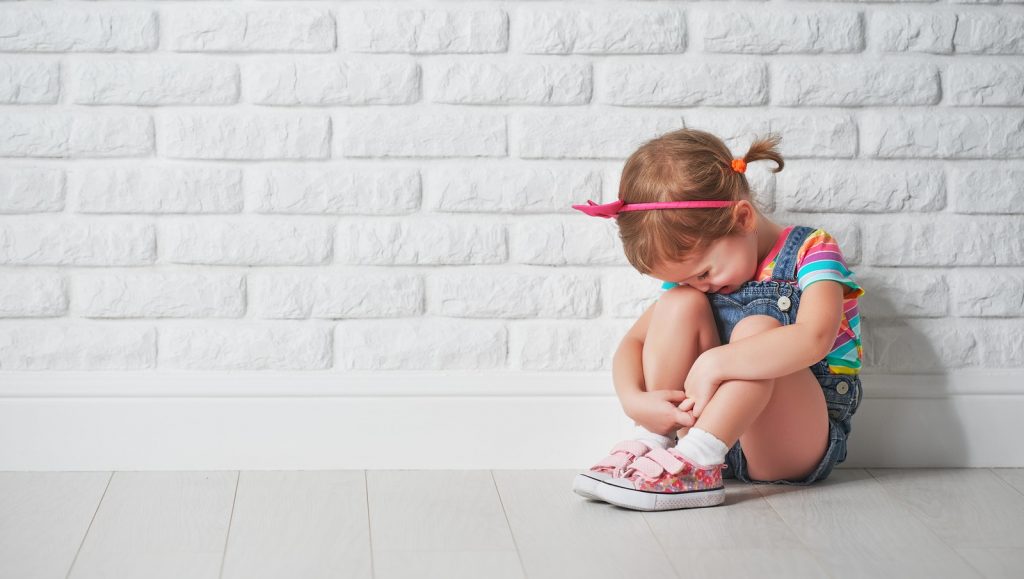Kasturi Chetia, Clinical Psychologist
Depression is a mood disorder that can cause someone to feel sad, irritable or hopeless. It may affect your sleep, appetite or relationship with others. Depression can also cause you to lose interest in hobbies or activities you once enjoyed. In severe cases, depression can lead to thoughts of suicide.
It is typically diagnosed if symptoms last two weeks or longer. It should only get evaluated, diagnosed and treated by a healthcare provider. Although, depression is a serious medical condition, it's usually treatable.
Depression can affect people of any age, including Children. Although Children naturally have mood swings as they grow and develop, depression is different. The disorder can affect how children interact with friends and family. It may prevent them from enjoying school, sports, hobbies or other normal childhood activities.
Depression in kids is also a reality although its symptoms may not be as clear or visible as in adults. The child suffering from depression could be constantly feeling angry or refuse to do things that interested them earlier.
"Depression in early childhood may present itself in the form of frequent crying spells, frequent temper tantrum and difficulties with sleep and appetite. In middle childhood, it could show up through forms of aggression and irritability, increased mood swings, bed wetting or feeling unloved. With an increased severity in symptoms, some may also experience a preoccupation with running away or death", says Kasturi Chetia, Clinical Psychologist.
Thoughts about killing toys, not wanting to go out and play with friends, low self-worth are some of the signs that your children may be slipping into depression or needs help.
Some common symptoms of depression:
* Sadness or loss of interest
* Guilt, worthlessness, tendency to feel like a burden.
* Irritability or snaps easily, gets upset and then feels bad about it or restlessness.
* Do not feel like meeting friends, going to school or attending social function.
* Appetite issues - it may be more or less than normal, weight loss or developing nutritional disturbances.





The Brief. Sign up to receive the top stories you need to know right now.